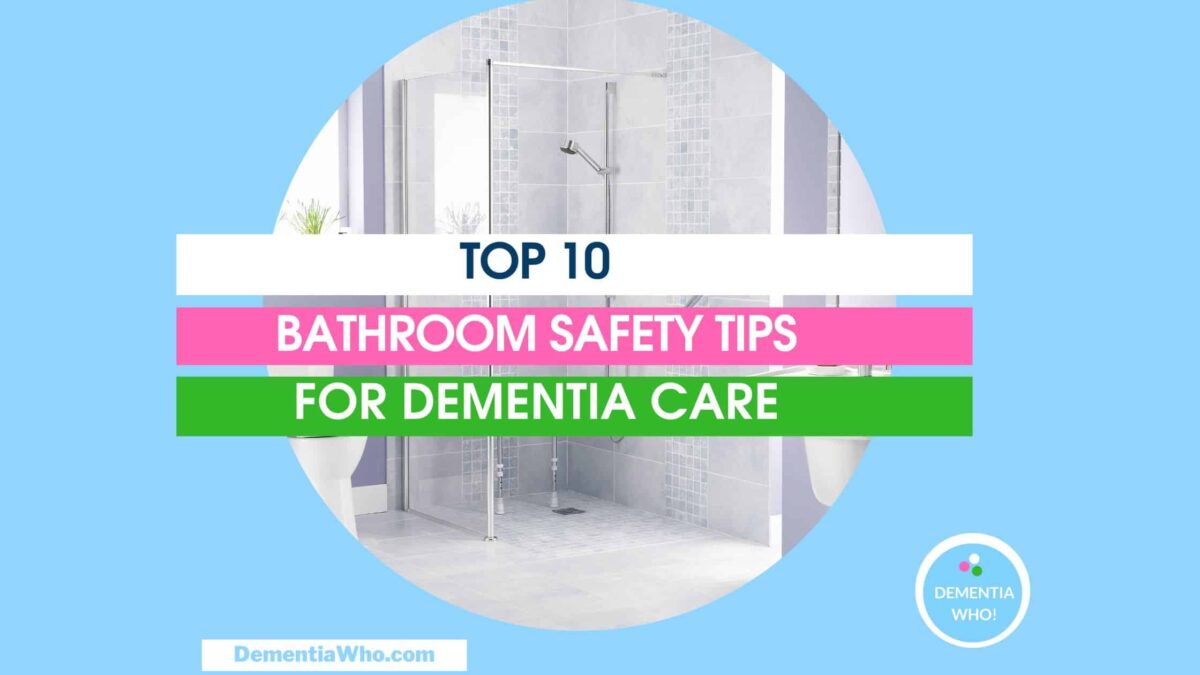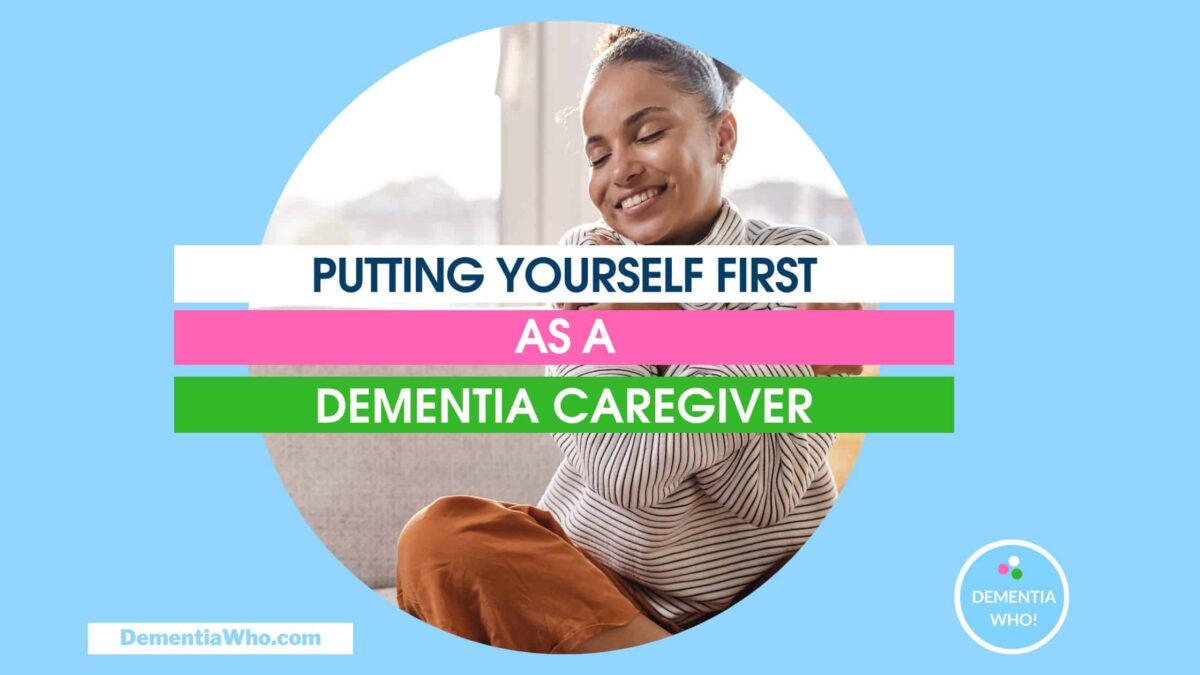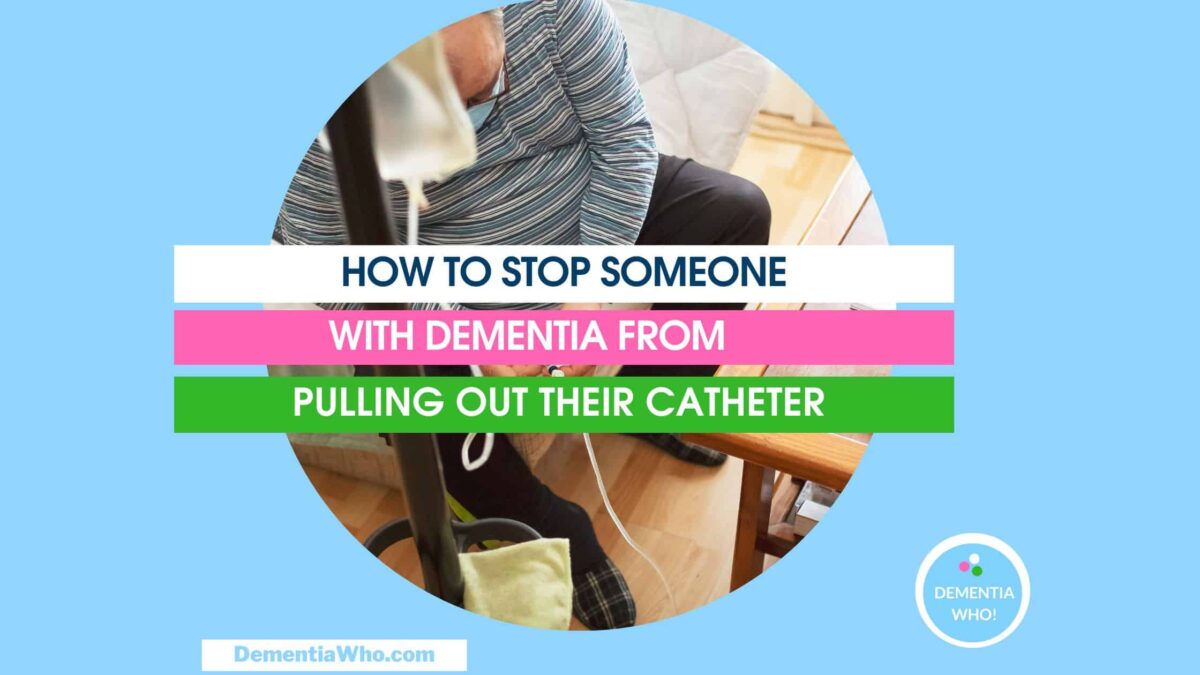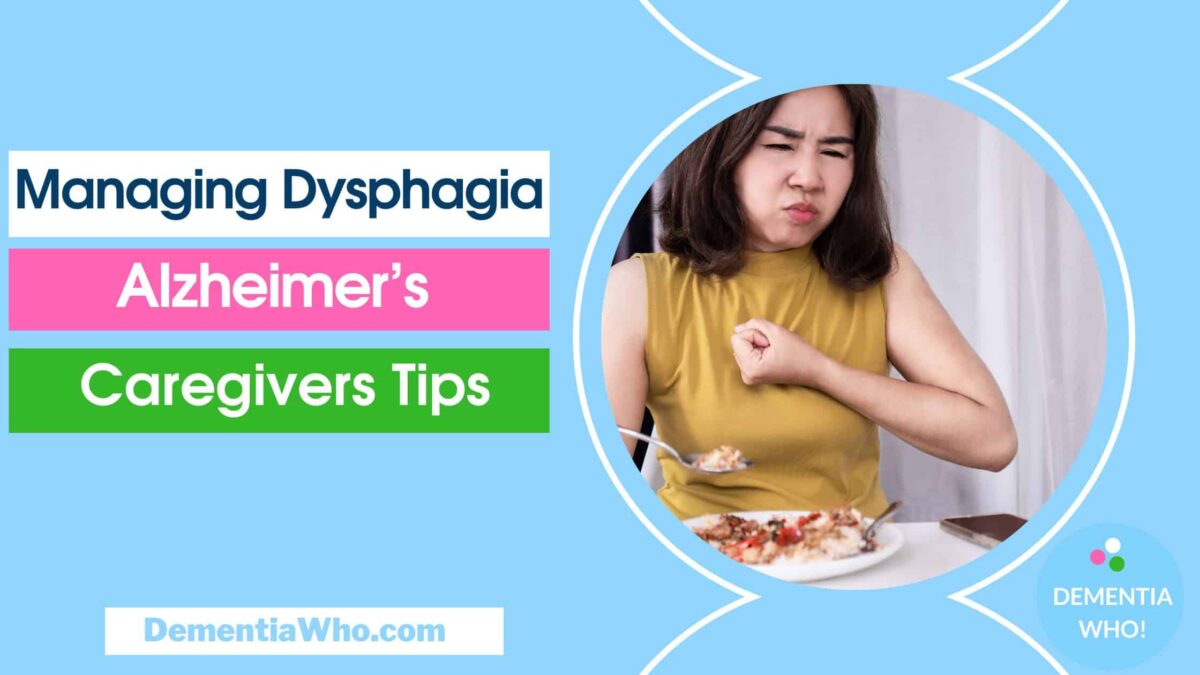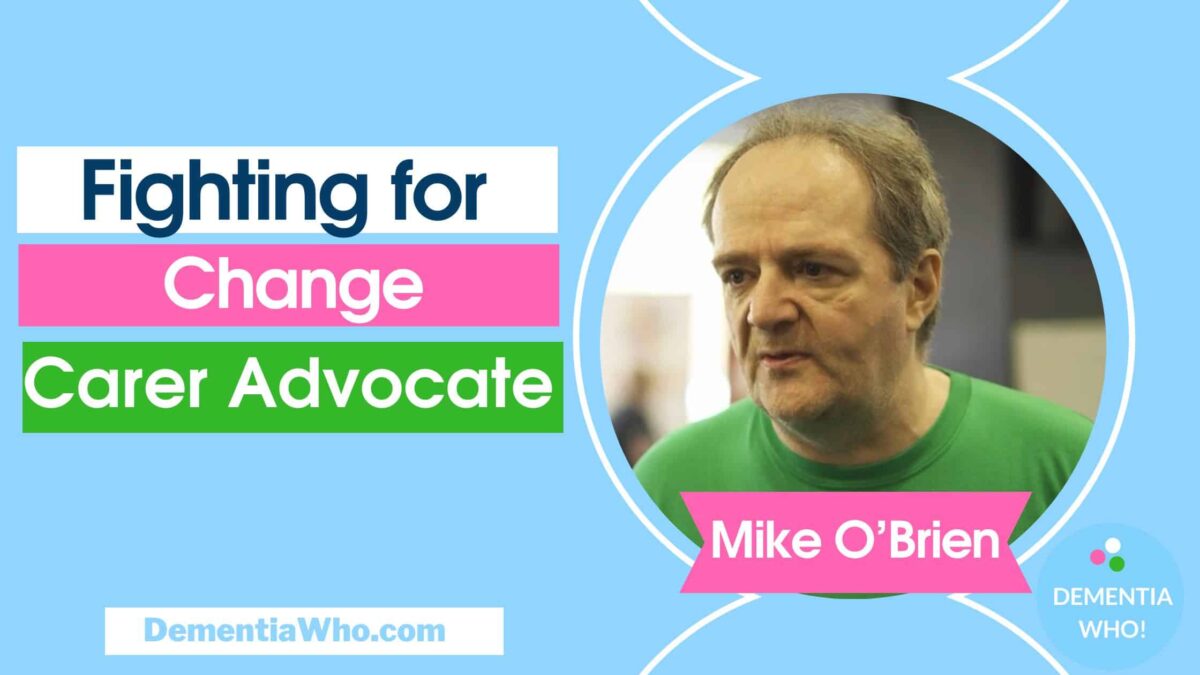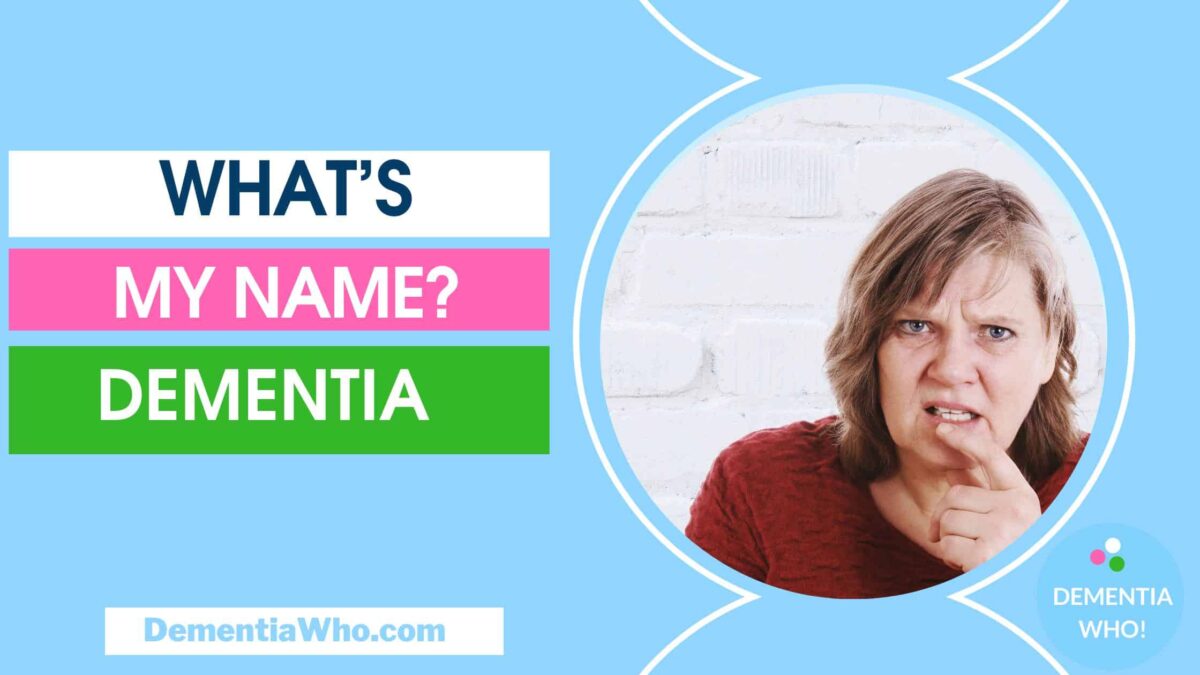Like me, you may have struggled to get your loved one with dementia to wash their hair. So here are 10 hair washing tips for dementia caregivers that provide practical ideas on how to support your loved one with a dementia hygiene routine.
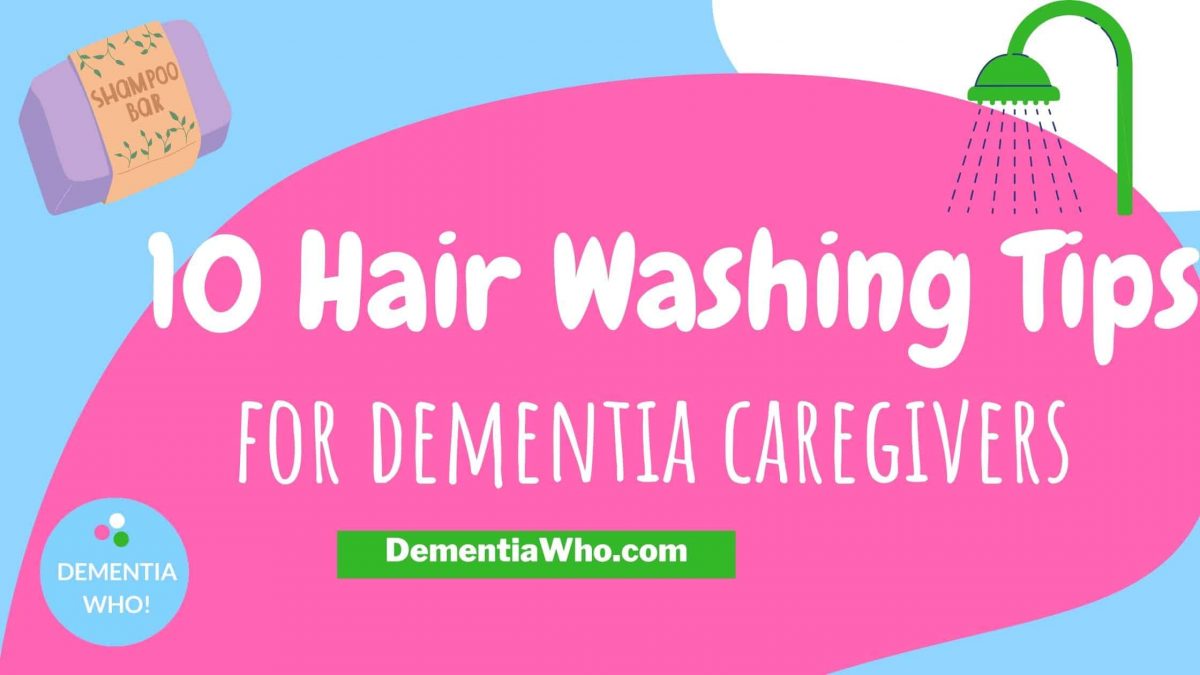
Your loved one may be physically able to wash their hair but refuse to do it, or be restricted because of spatial or mobility issues, or are fearful for reasons that are not clear.
Our job as dementia caregivers is to support our loved ones, investigate and help them overcome their fears or find solutions that help them.
Let’s get to it, don’t forget to subscribe if you like this blog!
#1 – Fear
The number one reason my mum with Alzheimer’s hates having her hair washed is fear.
- She’s frightened of falling, she frightened of going deaf if water goes into her ears, she’s frightened of getting burnt from hot water, and she’s frightened of the feel of water on her face.
- They make not like the feeling of leaning forward or backward to wash hair, because they may have balance issues.
- Whatever it is you need to be able figure out what the issue is to try to mitigate it.
- That’s includes talking and reassuring that you’ll be there with them, that you’ll do anything to prevent any falls.
- Show the tools or things you’ve prepared, ear plugs for the ears, face visor for preventing water on the face, testing water temperature together.
- Making sure to have bathroom aids- bring in a shower stool so they are not standing, use a commode chair, fit a hand rail, use non slip mats, have good lighting, and cover any mirrors.
- There many different ways to wash hair and aids that can help, check out my post on 7 Hair Washing Aids for Dementia – Tried & Tested!
- Do it together – Wash your hair first as they watch
Take it slowly to build confidence by showing and telling them a few times before washing hair. Some tools can help offset some of these fears, and the trick is finding which one works for you.
#2 – Routines
The second biggest reason my mum refuses to have her hair washed is that she forgot when she last did it. Another factor is that she’s just lost interest in maintaining her appearance as she used it. She doesn’t think about it at all.
Me: Mum let's wash your hair today Mum: I washed my hair yesterday, I'm not washing it again! Me: Mum, we washed your hair last week when you had your appointment Mum: Don't be stupid, you don't think I know when I washed my hair, it was yesterday
- This is where routines come in, having a regularly scheduled day for hair washing and having that noted somewhere it can be seen can help your loved one engage and agree to have their hairwashed.
- Setup a calendar on the wall, have a day clock showing the day and time and point to these objects as a reminder tool to wash their hair.
- Add verbal prompts with postive body language “Mum look it’s Wednesday, you know what Wednesday is? Let’s have a look at the calendar, Mum today is hair washing day, let’s go and get that done”
- Having everything prepared and set out ready to wash hair helps reinforce the activity
#3 – Sensitivity to Touch
Some people, as their dementia progresses, develop sensitivities to touch. They don’t like the feeling of hair being washed, brushed or scalp massaged.
The skin receptors change and they become more or less sensitive to touch. In our case, mum is highly sensitive to touch to the point where she will cry if you’re not gentle enough washing her hair. Even a slight change in pressure will upset her, and she’ll refuse to have her hair washed again. We use a jug of water as even a shower hose on her head feels like needles raining down on her.
- Change your pressure or the way you help wash your loved ones hair
- Use a jug vs a strong shower head
- Use detangling shampoo to help with brushing
#4 – Just Wash the Hair!
Make life less overwhelming for your loved ones by just getting them or helping them to just wash their hair.
- If you have one task to achieve it’s much simpler to break that task down into smaller steps that your loved one with dementia can help achieve.
- So washing your hair one day and body the next makes it less of an ordeal as we’re focused on one goal.
- Just imagine how many more steps are involved with a body wash and hair together compared to just the hair when you have dementia
- Reduce the number of steps by using a shampoo and conditoner combi product.
#5 – Make it an Experience
You know that feeling of being pampered, well that’s what you want to try and achieve.
- Setup the room you’ll be using to be as warm, and inviting as possible.
- Use familiar scents to bring out that emotional connection of being pampered
- Add their favourite objects in the room
- Play soothing music
Do everything you can to help make this a lovely comfortable experience that they want to do again.
#6 – Hairdressing Salon
If your loved one regularly had their hair done in a salon before, then the likelihood is it will hold positive connotations for them.
- Arrange for them to go back to a salon to have their hair washed, styled and groomed.
- Obviously you’ll need to find a dementia friendly hair salon and someone who has the right experience & communication skills.
#7 – Pick the right time of day
Hair washing doesn’t have to be done first thing in the morning. Pick a time that suits your loved ones.
- Your loved one is maybe someone who washes in the evening vs the morning
- Don’t cause anxiety by trying to get them to fit your routine
- Avoid times where anxiety and stress is high and pick a time that works for them.
- For us it’s always the morning, not first thing, after breakfast and tv, but never the afternoon as mum gets tired and irritated & later experiences sundowning.
#8 – You don’t have to wash hair everyday!
You probably read that and thought, I wish, or you’ve got to be joking. No, seriously, what I mean is that you don’t have to wash your hair as frequently as before.
- Once a week is normally enough for most people, especially if they’re elderly as their hair is likely to produce less oil.
- Readjust your expectations and pick your battles, if they refuse today, then try again tomorrow, and if they keep refusing (2 weeks was my limit) then it’s time to look at other options to clean hair
#9 – Product
Use the right product!
- Don’t use shampoo that stings the eyes – use a baby shampoo.
- Use a small amount of product to wash it out easier
- Can’t stand the smell of the product – find a non-perfumed version.
- Takes too long to wash, use a combined shampoo and conditioner, or just shampoo and use a leave in condition after.
#10 – Staying upbeat and positive
One of the most challenging things as a caregiver is always to have that smile on your face, to be a welcoming, familiar, trusted person to your loved one with dementia.
- There’s no point getting irritated when the justification for not washing their hair doesn’t make sense to you.
- Don’t get angry when you get soaked, or you have an escapee on the run down the corridor.
- Take a deep breath, look at the bigger picture, realise that they’re JUST a bit dirty.
- Pick the right battles has become my mantra, leave it and come back another day.
- And if they still have soap in the hair, ask them to sit and if you can put a towel around them as its cold. Have a cup tea, watch tv, then just get a damp flannel and bowl and wipe it away once your loved one is no longer distressed.
You will find a routine, it may not be as often as you’d like, and it will have ups and downs. I wish you & your loved one the best. Take care for now.


